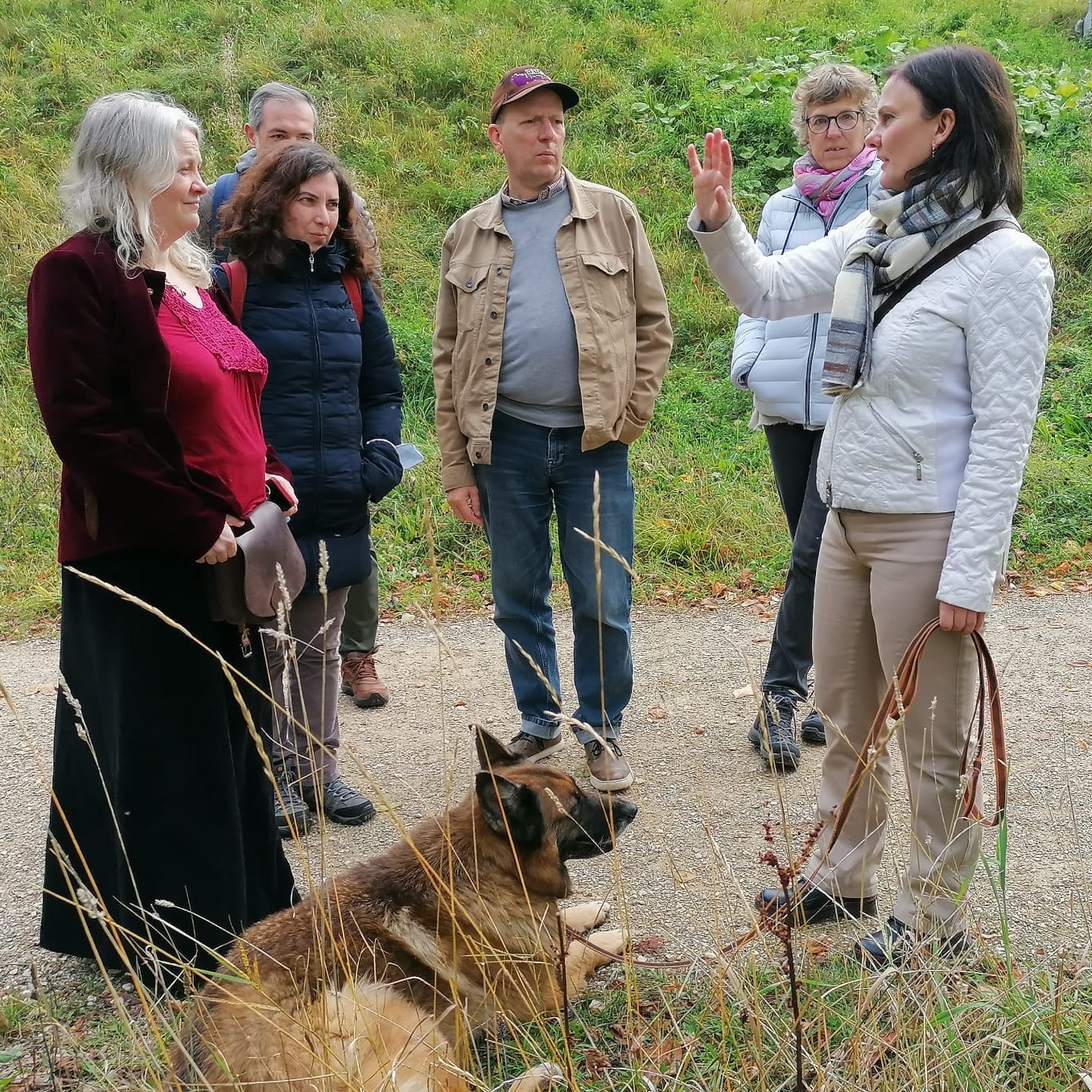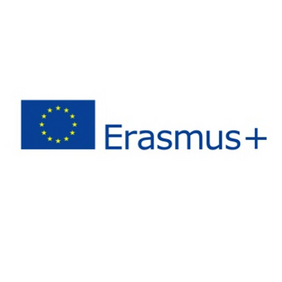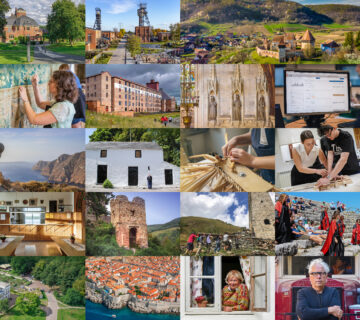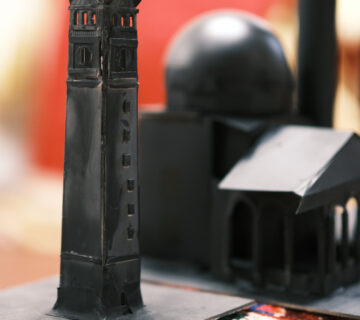Some observations as our Erasmus+ project, Negotiating Identities in the Third Space, comes to an end.
I have previously shared my thoughts and work on the topic of creating agonistic (third) spaces through heritage interpretation, most recently at IE’s 2020 web conference, ‘Fostering heritage communities’. (Conference proceedings: https://www.interpret-europe.net/fileadmin/Documents/publications/ie_conference_2020_fostering_heritage_communities_proceedings_2nd_ed.pdf)
The Third Space (Bhabha 1994) as a concept for democratising cultural practice has gained traction in the arts, library and education sectors across Europe. Combined with the ideas of Agonistics (Mouffe 2013) as a political practice, the Third Space envisaged as an agonistic public space also has relevance for the heritage sector. In particular, third spaces provide heritage interpretation with the flexibility required to represent the values of diverse heritage communities and enable the constructive negotiation of new heritages and related practices. This latter aspect is becoming increasingly important in societies that change through migration.
The Erasmus+ Strategic Partnership my organisation has been leading on has been dedicated to the Third Space and to negotiating (European) identities therein. Now that we are in the final stages and pulling together all the agreed outputs, I’d like to share a few personal observations. These have already been discussed in more detail on my blog, which you can read in full here: https://nicoledeufel.com/2022/10/26/third-space-in-culture-heritage-and-learning/
The physical in Third Space: Location does matter, as a lived-in environment that shapes our experiences and which can, in its own right, be an important element in community-building, orientation and comfort. By the same token, however, it can also exclude people, either actively, by denying them entry altogether, or passively, by making them feel uncomfortable for various reasons.
Diversity and Third Space: Using diversity (or anti-discrimination) approaches when working with Third Space helps us examine power relations from a variety of perspectives. Checking a space that is intended to be a Third Space through these diverse lenses can identify power imbalances that may otherwise remain unnoticed, and thus unchallenged.
Challenge in the Third Space: To make a Third Space work, it is important to enable challenges to the inevitable power imbalances between diverse groups. One of our project partners noted that everyone in the Third Space at all times must be empowered to change the rules of engagement.
Facilitation and Third Space: We agreed that a successful Third Space is always facilitated. Without some form of facilitation, the imbalance of power cannot be addressed, and those people excluded from certain spaces will not, or are less likely to, attend.
Goals of Third Space: A desire to be ‘welcoming to all’ is not enough. To make a Third Space is hard work, because it questions many of our certainties. The key goal of a Third Space is to facilitate a co-creative process that changes the dominant dynamics. Co-creation and change are key elements of a true Third Space. And in my mind, that change must aim at something beyond the boundaries of the temporary Third Space itself.
The digital Third Space: Even before the Covid-19 pandemic, the digital space was an important space for learning in my organisation. During the pandemic, it became the only space, not just for learning, but for all of our engagement. I am convinced that the digital space, where it is facilitated well, offers as many, if not more, opportunities to become a Third Space than physical space does.
Nicole Deufel is managing director of an adult education centre in Germany, focusing on cultural practices. She was previously Head of Museums at a local authority in Germany and has been a manager of interpretation departments and cultural heritage sites, and worked as a heritage consultant in the UK. She holds a PhD in Archaeology/Heritage Studies and was a founding member of IE. Nicole can be contacted at: nicole@nicoledeufel.com.
To cite this article: Deufel, Nicole (2022) ‘Third Space in culture, heritage and learning’ in Interpret Europe Newsletter 4-2022, pg.15
Available online: https://interpret-europe.net/wp-content/uploads/2022/12/Newsletter-2022_4-winter.pdf




